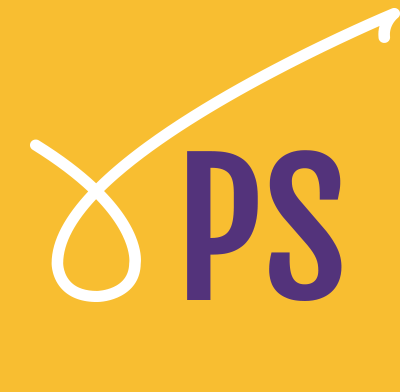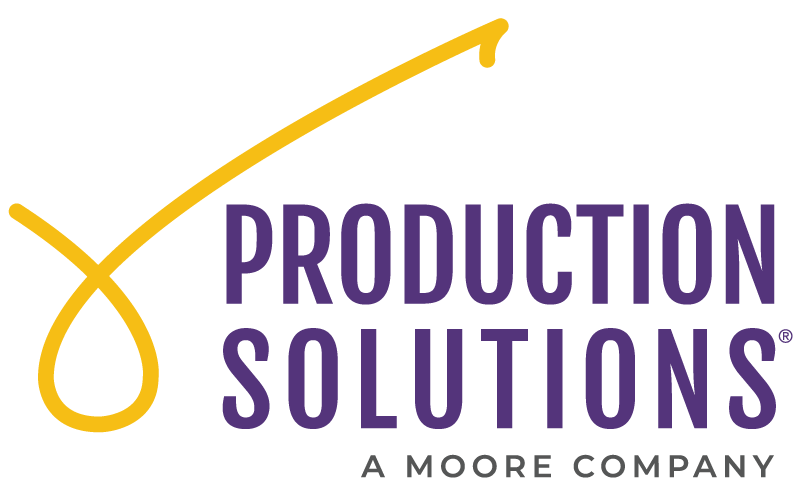Leading with EveryAction: An Expert Interview Series Webinar Recap
 Production Solutions
Production Solutions
To kick off the new year, on January 14th and 21st, Every Action hosted a webinar with experts on the topic of evaluating performance, celebrating wins, learning from mistakes, and much more. One of these experts is PS’ very own, Vice President of Sales and Client Experience, Leigh Janis. Check out some of the key discussion points and insights you may have missed below. You can also watch the whole session here.
Q: What value or trait do you most admire in your fellow nonprofit sector leaders?
LJ: I really admire when leaders have an EASE to them. There is so much on nonprofit leaders’ plates right now and we are all required to navigate a tremendous amount, from working on critical issues, to rallying and growing team members, to shifting strategy super quickly, keeping your board engaged – all in a high stress, tumultuous environment. So, that calm confidence, that EASE in which our sector leaders handle it all really stands out for me as something I admire.
Q: Managing production is akin to air traffic control at a hub airport. Lots of activity coming in from different directions that all needs to be scheduled and streamlined in order to land safely. Just for fun, 2021 added a heavy dose of paper and labor shortages. It’s safe to say that it can be a stressful job. How do you and the Production Solutions leadership team use performance measurement to maintain both high quality standards and high morale?
LJ: This is a really good question. We are constantly looking at the data – how is our performance? How are our mailings going? What partners are delivering, where are there opportunities to make shifts? We have our KPIs, our individual and department goals, our client goals, and metrics to measure that performance.
Similar to airlines – how many mailings are on time? Are there delays? We’re tracking all of that. But what came up for us over the past year, year and half or so, is we decided to put things into a new perspective. The data is important, it’s critical to have that, but akin to an airport – there are so many people that are included in the process of production management to ensure the experience is delivered (from the creative strategists, to machine inserters, to truck drivers) so we can’t control all of that, and we certainly can’t control COVID, labor shortages, or material shortages, so let’s focus on what we can control – we created this guiding statement: “Reinforce relationships with quality work and effective communication.” Because when it comes down to it, it’s all about the people and relationships.
So, performance measurement became more qualitative to us – meaning we certainly care about mail dates and budgets and delivering for our clients, but we also want to focus more on how the clients, suppliers, partners were feeling about our relationships given the chaos we were navigating on a daily basis.
When you prioritize people – your employees, your partners, your clients: you are better equipped to take on the challenges and handle the disruption together. Earlier I mentioned individual performance, and again reinforcing the people-aspect of things, for our team when we are setting annual goals we use a framework where each person sets a word of the year, kind of as their guide/intention for what they are hoping this year to be and then have goals in the four domains of: work, self, family and community – looking at the whole picture, because you bring that to work. That helps keep morale up, looking and caring about people on a deeper level.
Q: Mistakes in production jobs have real consequences: cost, revenue, time. How do you address and manage staff mistakes?
LJ: Mistakes do happen and they can hurt. The #1 thing for us is ownership – to be accountable and transparent.
We never want to let our clients down, especially because we know how much it can directly impact their mission’s revenue. But mistakes are learning opportunities, and honestly, it sounds cliche, but breakdowns can lead to breakthroughs.
Update and enhance QC processes, an approval process with a client, maybe it’s a relationship that needs more attention, being compassionate, asking, “how can I help?”. Obviously there are varying levels of severity when it comes to mistakes, we always do everything in our power to make it right for our clients – that’s the most important thing. We figure it out on a case by case basis – if that means shifting future mailing strategy, finding a cost saving idea, – this goes back to the people part – having those strong relationships is critical.
The other piece of that is – checking in on our staff, reminding folks, “hey, you’re human.”. We’re dealing with people, paper and machines. Is there a training opportunity here? Is there something systemic that we need the company to be aware of- let’s get after it, have those conversations, let’s grow and get better. Attack it! Welcome those opportunities.
Q: My impression of Production Solutions is that yours is a company that takes celebration and recognition pretty seriously. How do you see that play out in day-to-day workplace culture?
LJ: Absolutely. It’s important to stop and celebrate and reflect on accomplishments. It’s not always easy for our staff as we have a humble, hardworking group. So it’s all about genuine connections. Those 1:1 communications – similar to how you want those 1:1 communications with your donors. Calling an Account Manager who made a production miracle happen, a Marketing Director who had a courageous conversation, a Billing Specialist who went above and beyond to find a way for a client. Those calls with just a “thank you” and a compliment or recognition go a long way. Also being in the industry we are in, I’d be remiss if not to mention the handwritten card or thank you note – goes a long way.
We also do an annual employee appreciation week, to honor tenured employees and celebrate all of their accomplishments. This special week includes thank you notes and “kudos cards” for all staff, not just the tenured staff that are being recognized that year. Further, we hold trivia events with clients, client and employee happy hours (often with a theme!).
Q: Final question, closing the loop on my first question when I asked about what you most admire in other executives. Let’s turn this question inward. What do you recognize as your strongest leadership trait that you hope to inspire in others?
LJ: It’s interesting, I just did a Character Strengths Profile which I’m sure many of you have done before, but it was for a “you at your best” storytelling exercise. And my #1 trait was Humor – not as in telling jokes, but “enjoying the moments, bringing smiles to other people, seeing the light side” – and I’m proud of that, especially in this climate. It helps me connect with people…Not that life is a joke and you shouldn’t be serious, but that I have the opportunity to make someone else’s day better, I have the opportunity to help someone grow, I get so excited for the opportunity to motivate and coach others to try new things and enjoy the process.





